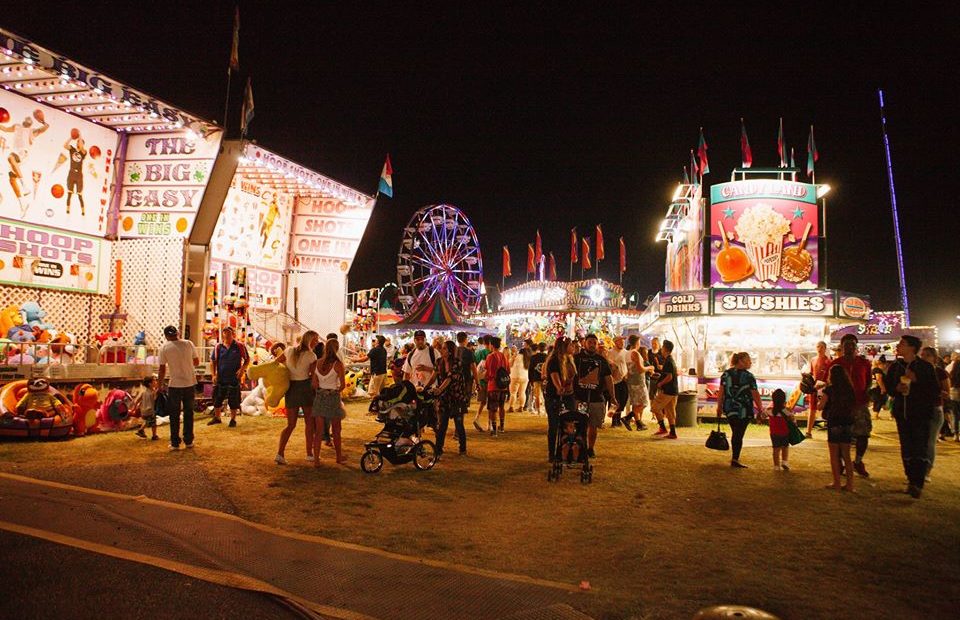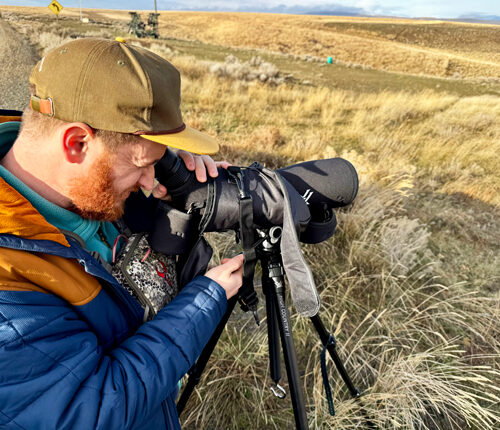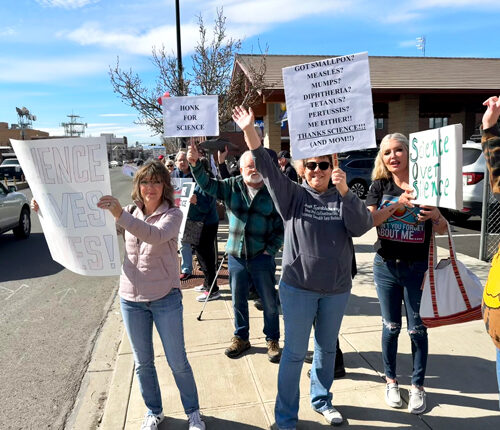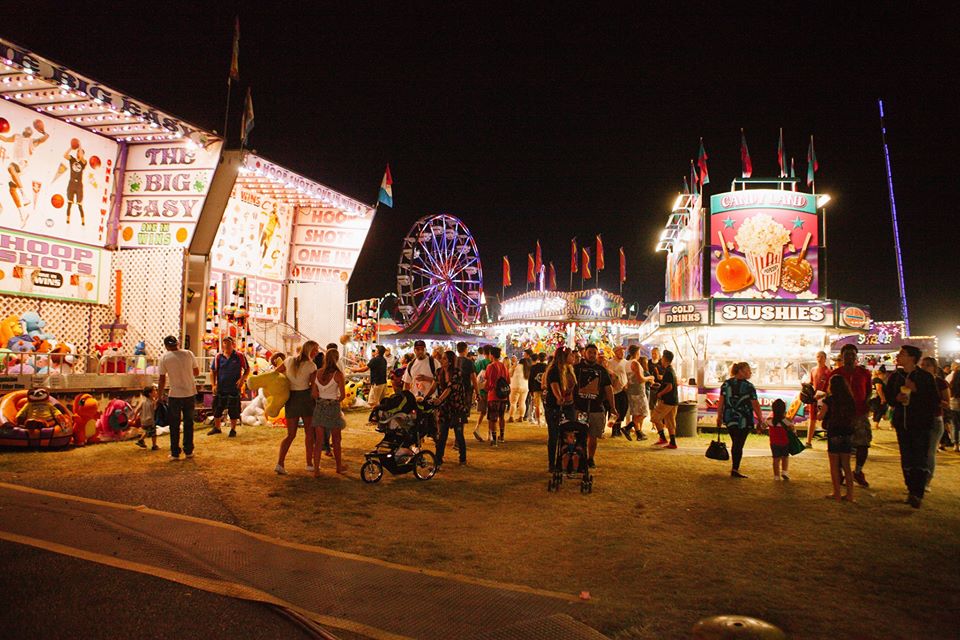
‘More Than Cows And Cotton Candy’: Washington Fairs Cancel Events For 2020, Hoping For Big 2021
Listen
It’s hard to imagine maintaining social distance among 42,000 people, which is what the Spokane Interstate Fair draws on a typical Saturday.
“If you’ve ever been on our food row, those lines snake into each other and everyone’s touching each other just to get through there,” says Erin Gurtel, Spokane’s fair director and vice president of the Washington State Fairs Association.
That won’t happen this year, considering restrictions on gatherings and an uncertain future with coronavirus. The day after Spokane’s fair was canceled, the Benton-Franklin Fair and Rodeo did the same.
The two fairs joined more than 40 others that have canceled this year. In all, Washington has 65 state and county fairs every summer and fall.
“It’s really tragic,” Gurtel says. “We were hoping that by the fall we could be that one normal thing that people were looking forward to the tradition of going to the fair. Our hearts are broken that we can’t offer that this year.”
Tom Muchoney, who runs the Evergreen State Fair in Snohomish County, is the fair association’s president. He says there are still some fairs holding out on making a decision until closer to their opening days, but most of the state’s biggest fairs have canceled, including Evergreen, Spokane and Clark County.
Puyallup is the state’s biggest fair, and among the top ten in the country, with more than a million people attending the 23-day event. So far, it’s still scheduled to run in September.
Same for the Central Washington State Fair in Yakima, the state’s fifth-largest, planned for late September. A message on the fair’s website says as of June 11: “ … it is our expectation that the 2020 Central Washington state Fair — still more than four months away — will go forward as scheduled.” The location, in Yakima County, is still in Phase 1 of the state’s four-phase reopening plan and has one of the highest rates of COVID-19 infection in the western U.S.
More Than Cows And Cotton Candy
Both Gurtel and Muchoney say the fairs have to support themselves, and canceling a year of events endangers their future.
What’s more, the fairs draw people — and their dollars — from outside the region.
Gurtel says Spokane’s 10-day fair generates $10 million in economic activity.
Muchoney says he’s not yet calculated what all the state fairs bring into the local economy, but he’s anticipating a $4 million shortfall in his 12-day fair’s budget. Much of that budget does not go toward payroll, Spokane’s fair has just Muchoney and one other full-time staff member. Most of the work is done by volunteers, which gave him another reason to cancel the event.
“Fairs are a community effort, and there’s a lot of volunteers and a lot of those volunteers fall in what I call the 38%: the oldsters over 70,” he says, noting that people of that age are more at risk of contracting COVID-19.
But fairs are about more than money, which worries them the most.
“We’re more than cows and cotton candy,” Muchoney says. “We are. The fair business, we’re about the business of making memories.”
For those still longing for the fair, most are planning to hold some virtual events, like online judging of garden photos. Spokane will have what Erin Gurtel calls the world’s largest drive-through to support the fair’s food vendors.
Gurtel added that with the unexpected year off and additional planning time, she anticipates the 2021 fair and rodeo to be better than ever.
Related Stories:

What’s fuzzy, cute and sold out? Chicks
As egg prices surge, baby chicks have been selling out across the region — and the country. (Credit: Susan Shain / NWPB) Listen (Runtime 3:59) Read The first person showed

Searching for sage grouse: Looking for a chicken-sized needle in south-central WA
Seth Hulett, Audubon Washington’s senior program manager of the Columbia Plateau, searches through his spotting scope for sage grouse. (Credit: Courtney Flatt / NWPB) Listen (Runtime 4:12) Read In south-central

Dozens in Yakima rally to support science for national protest
Around 50 people gathered for Yakima’s Stand Up for Science rally on Friday. People around the country attended science protests at the same time. (Credit: Courtney Flatt / NWPB) Listen
















